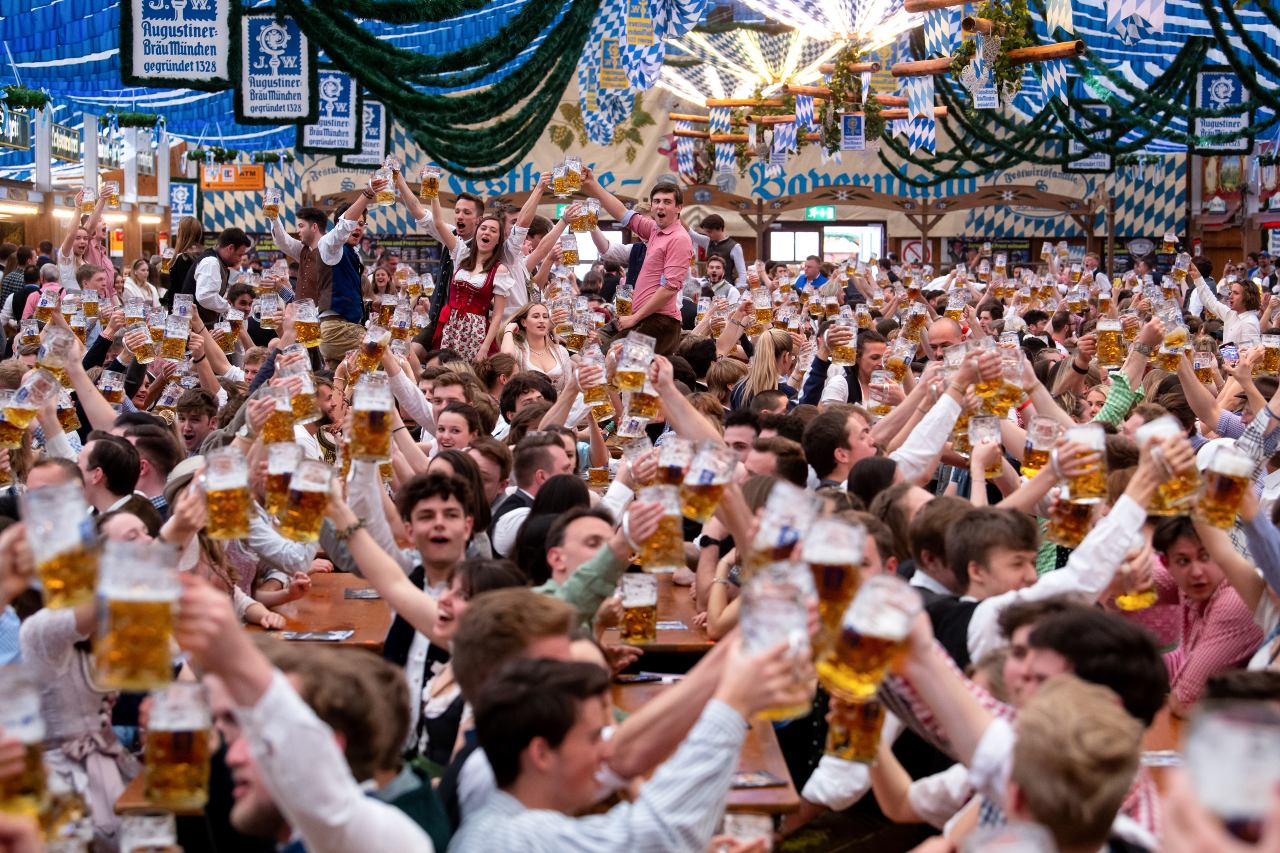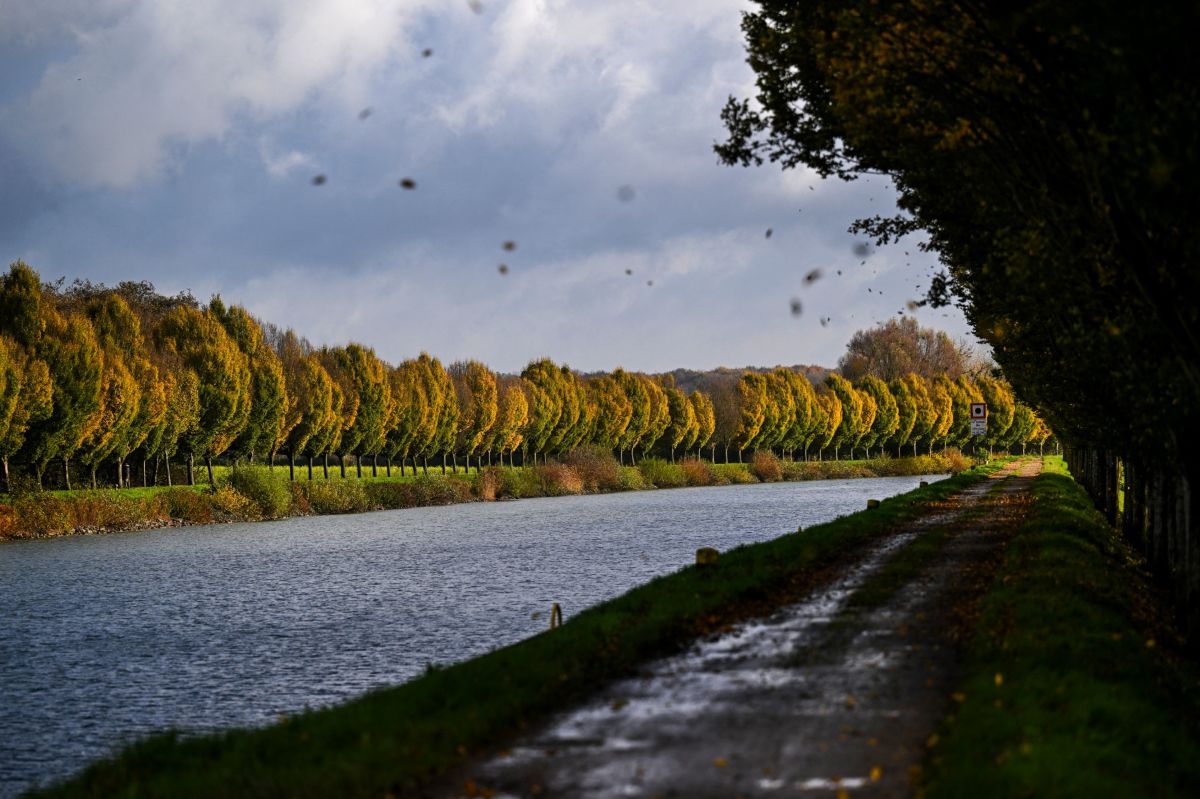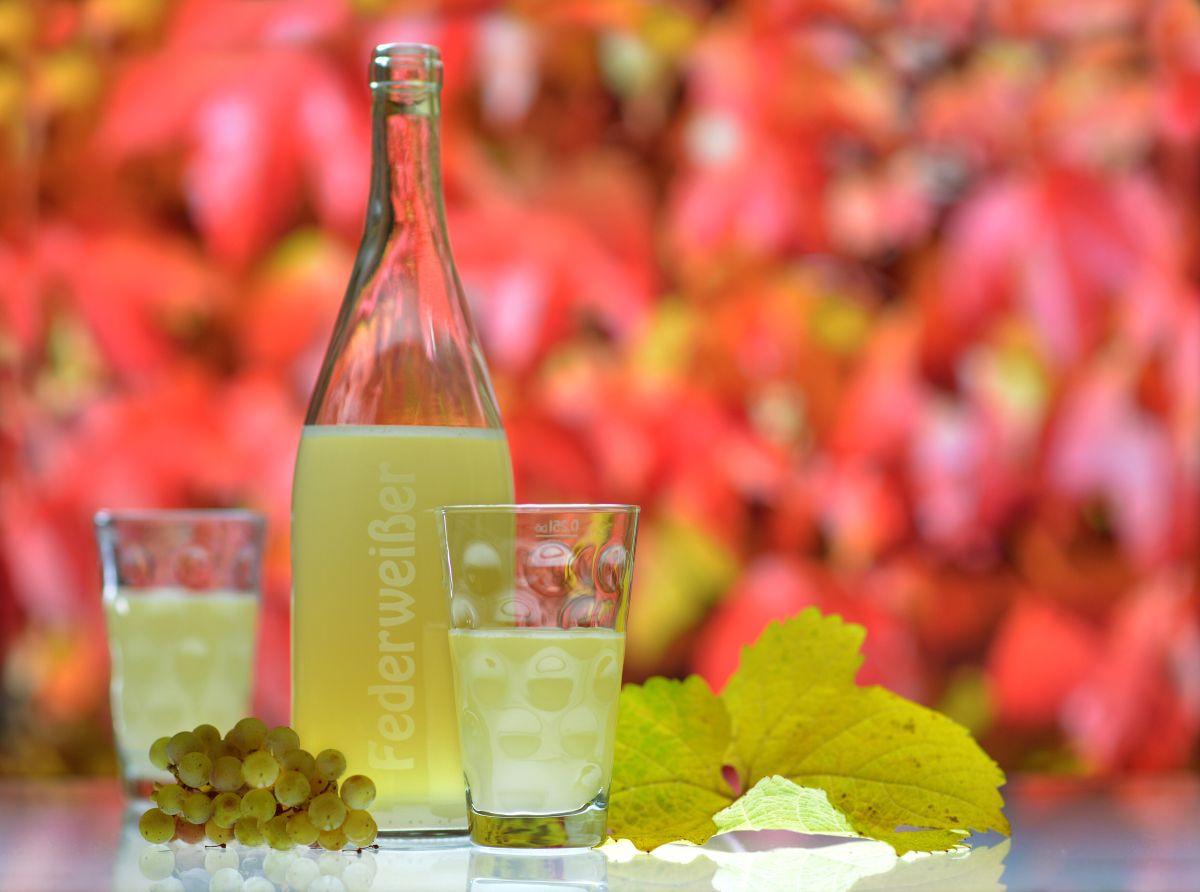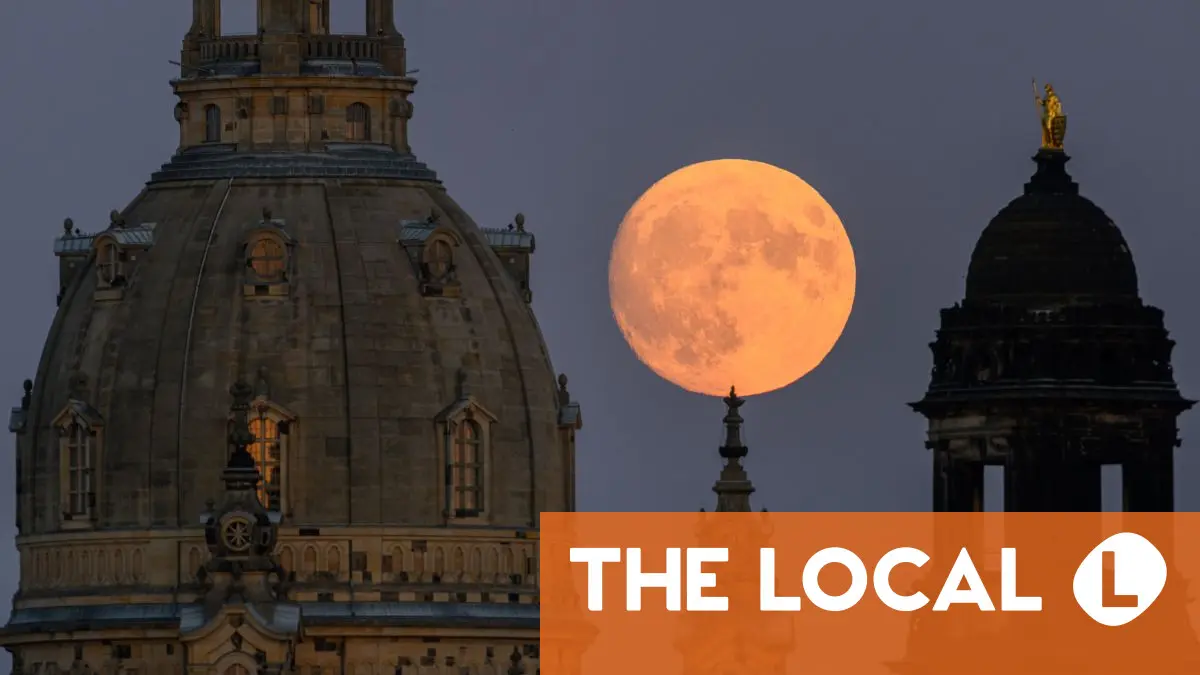From an Oktoberfest tent refusing cash payments to new data protection rules for personal devices, Spotify price increases, and the beginning of the Autumn season, here’s a look at what’s changing in Germany this September.
Bundestag meets again
Summer break comes to an end for Germany’s parliamentarians in September, with the Bundestag set to meet again on September 10th.
According to the agenda, Defence Minister Boris Pistorius (SPD) and Health Minister Nina Warken (CDU) will take questions from the deputies in the first session.
Data protection rules for personal devices updated
Users of networked devices such as smart TVs, robot vacuum cleaners, refrigerators, e-bikes, fitness trackers or cars can expect to get a bit more control over their data in September.
From September 12th, manufacturers will have to disclose what information they collect – and how it can be accessed.
This change is brought by the EU Data Act, or Data Protection Act, which came into force at the beginning of 2024, and is intended to make it easier for consumers to view their device data and share it with other services if necessary.
The hope is that customers being able to share their device’s data with customer service or repair services could make repairs easier or cheaper.
Cashless payment spreads further at the Oktoberfest

Festival-goers raise their beers at Munich’s Oktoberfest. At Oktoberfest, beer is drunk in ‘Massen’, rather than in ‘Maße’. Photo: picture alliance/dpa | Sven Hoppe
Munich’s 190th Oktoberfest (also called Wiesn in German, for the Theresienwiese where it’s held) begins on September 20th this year and comes to an end on October 5th. It’s often called the largest folk festival in the world – attracting millions of visitors each year.
This year’s Oktoberfest brings a significant step towards the end of an era – or the beginning of a new one – as one of the fest’s large beer tents is set to only accept electronic payments this year. The “Münchner Stubn” is making a complete switch and will not accept bank notes or coins as payment for beer and chicken.
However, city officials emphasise that cash is still the most common means of payment at Oktoberfest for now. ATMs are available on site, but it’s also advisable to use one ahead of arriving there to avoid the potential queue.
Another update at the fest this year: on weekends and public holidays, the tent owners may reserve an additional 10 percent of the seats for locals from 3pm onwards.
Beer prices at the festival are also creeping upward again this year. A litre Maßkrug of Munich’s finest is set to cost between €14.50 and €15.80.
READ ALSO: Major German beer brands announce price increases
Advertisement
Social welfare commission starts
According to German Labour Minister Bärbel Bas (SPD), a federal commission on welfare reform is to begin its work in September.
Bas had announced the commission’s start in her “Summer Interview” with ARD.
The commission is tasked with developing recommendations on how social benefits can be merged and simplified. It is also to examine a more uniform income could look like i.e. how much would welfare recipients get in one monthly payment as opposed to receiving unemployment and potentially a number of other benefits separately.
In recent weeks key conservative leaders have taken aim at Bürgergeld and other benefits, amid reports that the federal government will need to close a massive budget gap in the coming years as pension costs continue to rise.
READ ALSO: Is Germany headed for a period of austerity?
Results from the commission’s examination are expected to be presented this year.
Deutsche Bahn to get a new boss and a new strategy
By September 22nd, Transport Minister Patrick Schnieder (CDU) wants to clarify who will be Deutsche Bahn’s next CEO, as the current railway boss Richard Lutz steps down.
Reportedly Schnieder also wants to announce his strategy is to lead Deutsche Bahn out of crisis on the same day.
Deutsche Bahn is a state-owned enterprise, which is why the federal government manages contracts with the company’s CEOs and also defines the company’s big-picture strategy.
Advertisement
Lutz’s contract had been terminated prematurely by two years, because he has so far failed to relieve the national railway operator of multiple crises, including ongoing poor punctuality and low customer satisfaction.

Autumn leaves fall from the trees next to a canal in Dortmund. Photo: Ina FASSBENDER / AFP
The autumnal equinox marks the changing of the seasons
Officially, the autumnal equinox occurs on September 22nd this year. On this date the length of daylight and night-time hours are exactly the same, and it marks the beginning of the Autumn season in the northern hemisphere.
The German word Äquinoktium, coming from the Latin root is used to describe this day, as is the more Germanic term Herbst-Tagundnachtgleiche – which translates quite poetically to “Autumn-day-and-night-same”.
Traditionally, this changing of the seasons also marked as a time for harvesting crops and preparing for the dark and cold season to come.
In Germany the season has long been a time for harvest festivals, some of which evolved into the seasonal folk festivals that continue on to this day, including Oktoberfest. Depending where you go around this time, you can also find festivals centred on different seasonal crops or traditions, like wine fests or apple fests.
READ ALSO: 10 ways to enjoy autumn like a true German
Spotify prices increase in Germany
From September, customers of the music streaming market leader will see their monthly subscription prices increased.
The Sweden-based company had recently announced that customers across Europe, Asia, Latin America and Africa, among others, are to be affected by the price increase.
In Germany, the subscription is particularly expensive. For new customers, the higher prices apply immediately, while existing customers have three months to agree to the change.
Advertisement
New subscription prices are already visible on Spotify’s German website. Individual premium plans are set to cost €12.99 per month, up from the previous €10.99, while premium family plans will see the biggest jump – up to €21.99 monthly.
Federweißer season begins

Containing both sugar and alcohol, ‘Federweißer’ is relatively high in energy. Photo: picture alliance/dpa/deutscheweine.de | DWI
Federweißer, a uniquely European alcoholic drink made of fermented freshly pressed grape juice, known as must, is typically served in parts of Germany by the beginning of September.
It’s particularly popular in Rhineland-Palatinate, Baden-Württemberg and the Rheingau in Hesse, but you may also find it on the menu elsewhere, particularly at seasonal events and festivals. It is drunk throughout the autumn.
The beverage ranges in flavour between something close to grape juice and finished wine, and its alcohol content ranges from around four to 11 percent. In appearance it often looks a bit more cloudy than wine – a bit like an unfiltered glass of cider.
Federweißer continues to ferment in the bottle, so each bottle can taste different and may have a different strength.
